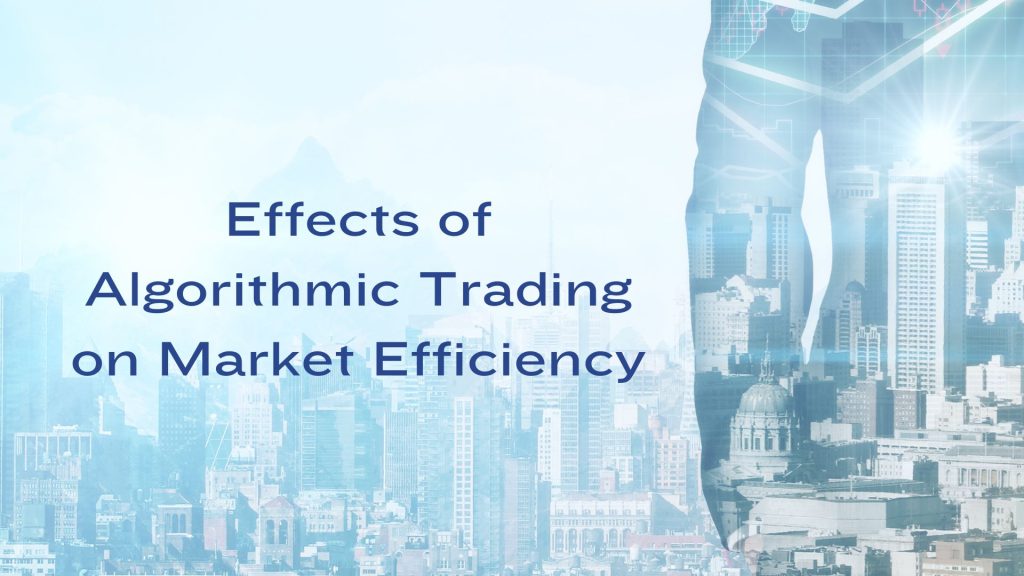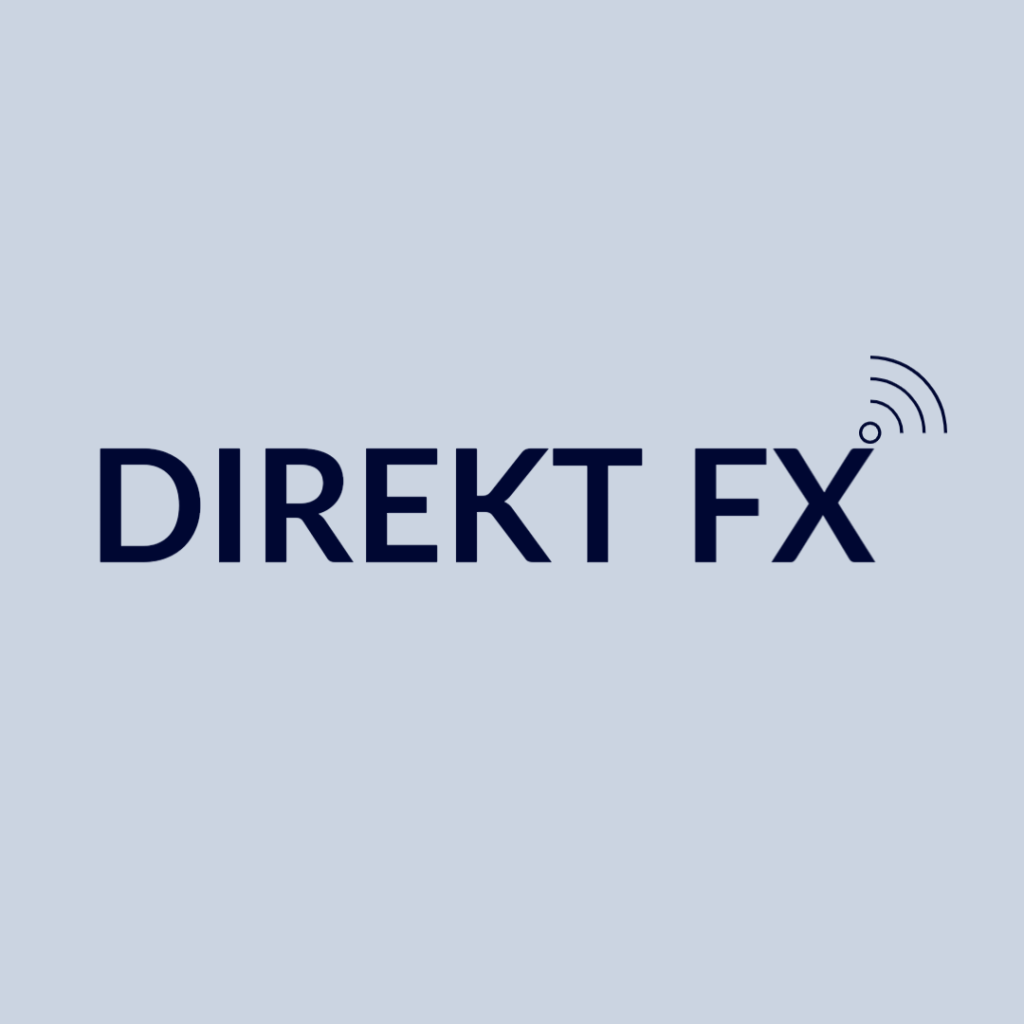
Effects of Algorithmic Trading on Market Efficiency
Algorithmic trading uses complex algorithms to execute trades rapidly at volumes. It requires no human intervention to execute traders. These systems can handle innumerable orders rapidly, profoundly influencing market dynamics. This blog studies how algorithmic trading affects market dynamics.
The Impact of Algorithmic Trading On Market Efficiency
These are the effects of algorithmic trading on market efficiency:
Improved Liquidity
Algorithmic trading significantly boosts market liquidity. These systems place and execute orders continuously by automating trade execution. They narrow bid-ask spreads and deepen market liquidity. This constant flow of orders ensures that securities can be bought and sold quickly without causing significant price changes.
Join a global network of finance professionals and find the ideal trading and liquidity partners now!
Increased Trading Speed
High-frequency trading (HFT) accelerates trading speed. HFT strategies can execute orders in fractions of a second. It helps capitalize on minute price discrepancies that may exist only briefly. With it, markets can adjust swiftly to new information, enhancing overall market efficiency. The speed shows market prices reflect the latest developments, minimizing information asymmetry.
Price Discovery
Price discovery is the process by which markets determine the prices of securities. Algorithms analyze vast data sets to assess supply and demand dynamics. They help narrow the spread between the prices buyers are willing to pay, and sellers are willing to accept, improving market pricing accuracy and fairness.
Market Surveillance
Regulatory bodies ensure that algorithmic trading promotes fair practices and does not cause market manipulation. Financial authorities use advanced surveillance systems to detect and prevent manipulative tactics like quote stuffing or spoofing. For instance, algorithms designed for regulatory purposes analyze millions of transactions to identify irregularities with possible manipulative behaviour or other rule violations. This rigorous oversight helps maintain market integrity and protects against the risks associated with automated trading systems.
Ethical Concerns
Large institutions often have superior resources to develop and deploy sophisticated trading algorithms, potentially gaining an unfair advantage over smaller traders or investors. This disparity raises concerns about equity and fairness in financial markets. These powerful tools can dominate market dynamics, sidelining less equipped market participants.
Market Volatility
Algorithmic trading can also induce volatility. The speed and volume of trades generated by algorithms can heighten market movements. For instance, the “Flash Crash” of 2010, where the Dow Jones Industrial Average plummeted over 1,000 points within minutes, was partly attributed to automated trading. Such events highlight the potential for algorithms to amplify market volatility when reacting uniformly to market pressures.
Operational Risks
Relying on complex technological systems has operational risks. System failures, software glitches, or inadequate risk controls can cause unintended trades or amplify losses. Connectivity issues or data feed problems can disrupt the functioning of trading algorithms.
Conclusion
Algorithmic trading offers multiple benefits in terms of market efficiency and liquidity. However, it also introduces new risks and challenges. With constantly evolving AI, we will be able to reduce the risks.
Contact us and make your business more visible!
Follow LinkedIn for daily financial updates!





